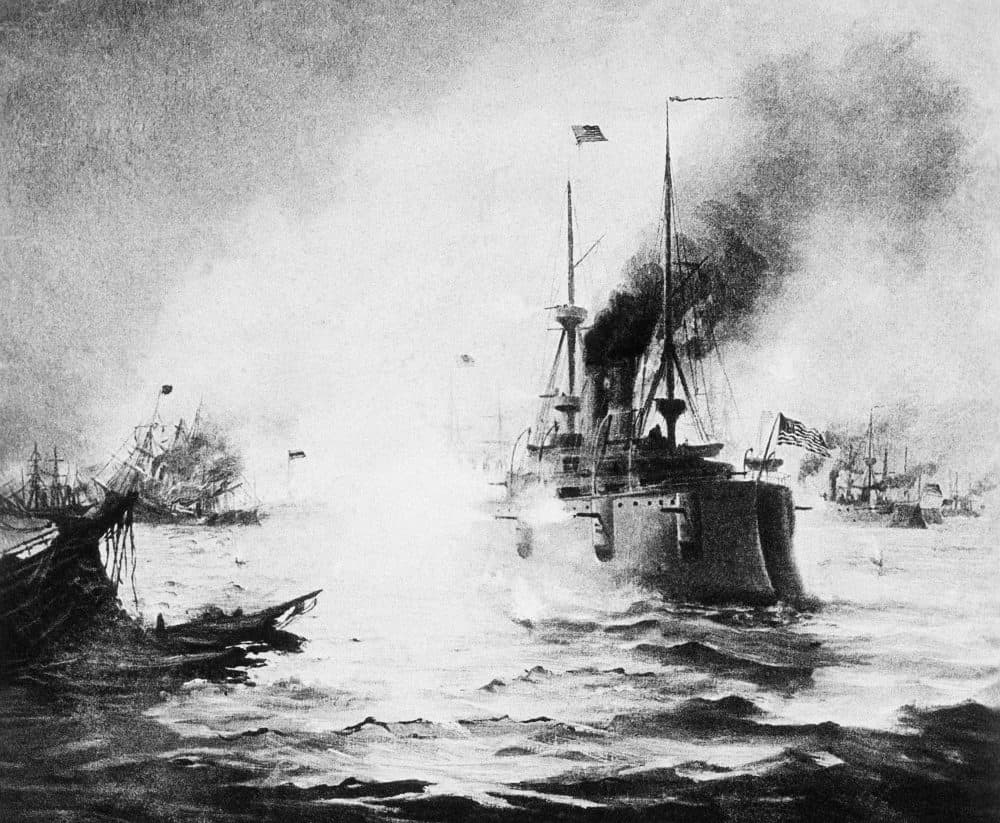Advertisement
The Birth Of American Empire
Resume
In 2003, President George W. Bush defended American intervention abroad, saying that the war in Iraq was justified because it would bring democracy to the Iraqi people. He said: "We will help you build a peaceful and representative government that protects the rights of all citizens. And then, our military forces will leave. Iraq will go forward as a unified, independent, and sovereign nation, that has regained a respected place in the world."
Nearly 65 years earlier, Charles Lindbergh, the first pilot to fly against the Atlantic Ocean, made the opposite argument when he argued against foreign intervention in World War II. In a nationally televised address in 1939, he said, "These wars in Europe are not wars in which our civilization is defending itself against some Asiatic intruder. This is simply one more of those age-old struggles within our own family of nations. If we enter into fighting for democracy abroad, we may end by losing it at home."
These are two voices among the many who have debated how America should act in the world. In his new book, author Stephen Kinzer says that conversation really started at the beginning of the 20th century, when the Spanish-American War launched a confrontation over intervention, isolation, and America's relationship with empire.
Guest
Stephen Kinzer, columnist at the Boston Globe. Senior fellow in International and Public Affairs at the Watson Institute of International and Public Affairs at Brown University. Author of "The True Flag: Theodore Roosevelt, Mark Twain, and the Birth of American Empire." He tweets @stephenkinzer.
This segment aired on February 2, 2017.